Posted on 3/24/2020 in Digital Marketing
Content is essential for any website. As you or your team are generating content, checking for SEO is critical in boosting your website visitors and converting these visitors into customers. Search Engine Optimization (SEO) is the process of optimizing your website so that it can be discovered through search engines and organic results. Here are some basic SEO content recommendations to improve your website’s search engine rankings:
Keywords and URL
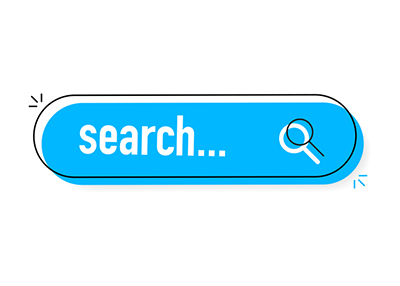
Utilize 1-3 targeted central keywords in your content. Avoid keyword stuffing by using each keyword no more than 5 times. Do not assign the same targeted keywords across different pages on your site. Include your keyword/s in your URL. Adding a keyword-rich URL can improve the organic click-through rate. Use Short URLs, as they rank best on Google. If you’re looking to explore different keyword ideas, there are a variety of online tools (both free and paid) you can use for keyword research- Google Trends, SEMrush, Ahrefs, Moz, and more! As you are researching different keywords, monitor for keyword metrics such as competitiveness, search volume, relevancy, and the average cost per click.
Recommended Word Count and Usage
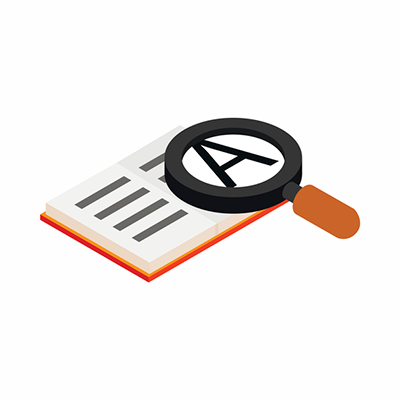
Generate quality content that contains 300+ words. The amount of SEO content may vary based on the business and the complexity of what you want the content to say. Google weighs the first 100-150 words on your page as the most important, use your targeted keywords in the first 150 words. There are benefits to writing shorter content that is easier to read on a regular basis and visitors are most likely to stick to your content and subscribe.
Meta Title
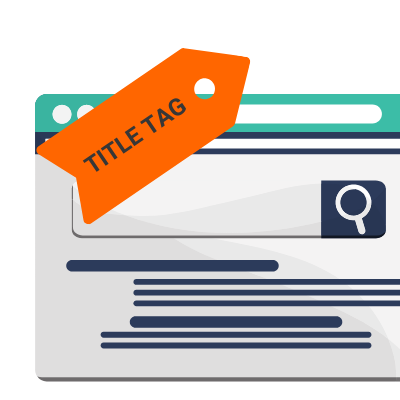
The optimal meta title length is less than 55 characters. 55 characters are the cut-off point for search engine display results. Use a targeted keyword at the beginning of the page title. Ensure your meta title is unique to avoid duplicate content issues. Aim to place your keyword on in the front of your title tag. Title tags are displayed on search engine results pages (SERPs) as clickable, so they are important for usability, SEO, sharing on social media, and blog feeds.
Meta Description
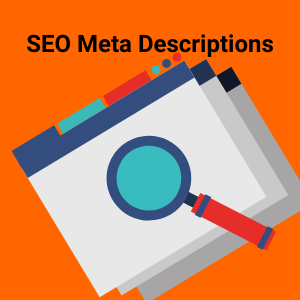
The optimal title length is less than 160 characters. 160 characters is the cut-off point for search engine display results. Use a targeted keyword at the beginning of the meta description. Ensure your description is unique to avoid duplicate content issues. Your meta description should provide a brief summary of the webpage and influence the user to click-through to your website. A higher click-through rate (CTR) on Google can boost your page’s ability to rank better.
Header Tags
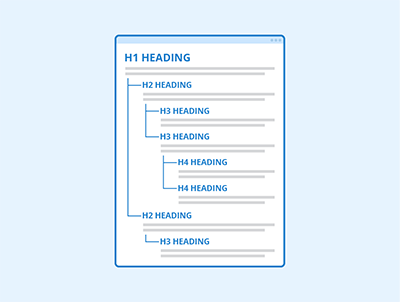
Add at least one of your targeted keywords in your H1, H2, or H3 tags. Only use one H1 tag on the page. The H1 tag should introduce the topic your page is all about. When it comes to search engine optimizations, keyword-rich header tags can help boost organic rankings. Similar to how I structured the headers on this blog, each header tag should give the reader a “sneak preview” of the information they are about to read. Your header tags should provide structure for your content as your visitors are reading through the page. This also makes it easier for the reader to skim the page and find what they are looking for. You can learn more about writing SEO headlines here.
Add Semantically Related Keywords

Enrich your content with additional keywords to support the offering on your pages. Semantically related keywords are words or phrases that are related to each other conceptually. Avoid utilizing these keywords more than twice in your content. Having semantically related keywords provides more contextual background on your topic. Google will be able to make distinct connections between content and semantically related keywords, therefore helping your website perform better on search results.
Optimize Images

Always use images on your website content. Images should support your content. Interestingly, Google has trouble reading images. So to help Google understand your images, you need to check alt tags on your site and optimize your images with alt tags and file names. This will also help with ranking in image search engines. Add alt text to every image that you use, making certain it contains an SEO keyphrase for that content. The more relevant information you provide on the alt text, the more people will make sense of it, therefore Google and most search engines will deem them as important and relevant.
Utilize External and Internal Linking
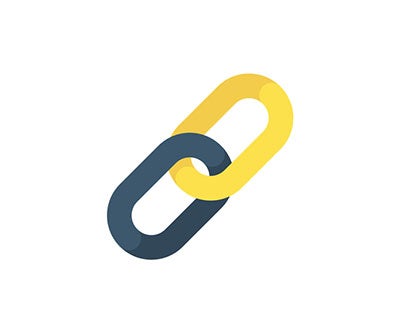
If there are known authorities and subject-matter experts for your specific content, try to add links to 5-8 of them in your article. These external links will show Google that your content is well-referenced and reliable. External links won’t hurt your page rank as long as those links are authoritative and relevant. For internal links, try to link to 2-5 other pages on your site. This promotes internal website navigation, which can boost site rankings. Internal links will help your viewers stay on your website longer, which may encourage them to become a customer or follower.
One last tip - Once you’ve buttoned up your content with SEO, be sure to monitor your keyword rankings over time. Keep these SEO items in mind as you are generating content for your website. Following this guideline will help boost your keyword organic search results.
Struggling to get more visitors to your site?
Request a Free SEO Audit of Your Website!
Related Articles

Outdated or Outstanding? How to Tell If Your Website Needs a Refresh
Your website is the digital face of your business. It serves as a first impression, a marketing tool, and a resource for potential customers. [...]

Preparing a Website Redesign Budget for 2025: A Step-by-Step Guide
As we approach 2025, businesses are recognizing the necessity of a fresh, user-friendly website to stay competitive in a rapidly evolving digital [...]

Elevating Your Brand: The Transformative Power of Website Design
In the digital age, your website is often the first point of contact between your brand and potential customers. It's not just a platform to showcase [...]
